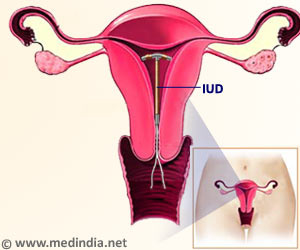A study has found that decreased levels of omega-3 as a reason behind postpartum depression among women.

"The literature shows that there could be a link between pregnancy, omega-3 and the chemical reaction that enables serotonin, a mood regulator, to be released into our brains," Shapiro said. "Many women could bring their omega-3 intake to recommended levels." The findings were announced by the Canadian Journal of Psychiatry on November 15, 2012.
Because omega-3 is transferred from the mother to her fetus and later to her breastfeeding infant, maternal omega-3 levels decrease during pregnancy, and remain lowered for at least six-weeks following the birth. Furthermore, in addition to the specific biological circumstances of pregnant women, it has been found in the US that most people do not consume sufficient amounts of omega-3.
"These findings suggest that new screening strategies and prevention practices may be useful," Shapiro said, noting that the study was preliminary and the further research would be needed to clarify the link and identify the reasons for it.
Source-Newswise















